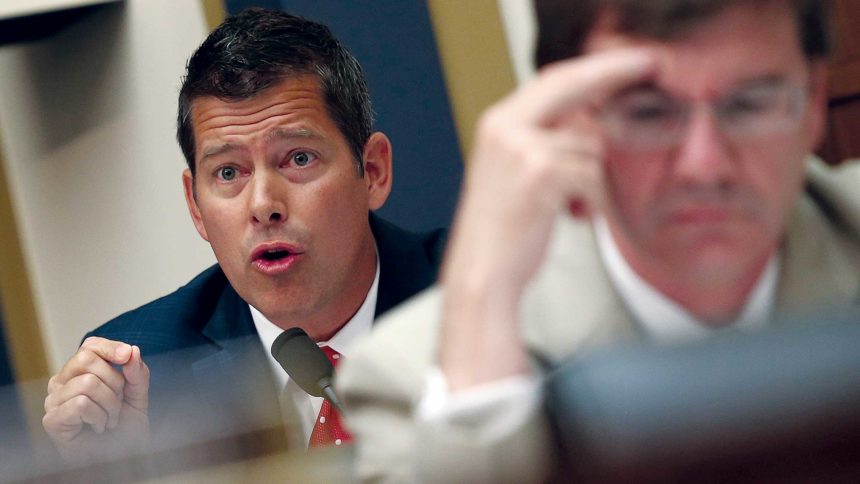
Nursing home lobbying groups scored a victory last week with the introduction of a bipartisan bill to kill “rigid provisions” they say are handcuffing the industry’s ability to improve staffing.
Rep. Sean Duffy (R-WI) introduced legislation on Feb. 14 that would modify what’s called the certified nursing training lockout, which has been in place since 1987. Existing laws state that nursing homes assessed civil monetary penalties above $10,000 on their annual survey lose their ability to train CNAs for two years.
Industry trade groups for years have fought for abolishment of the provision.
Duffy first introduced the bill in October, but is now reintroducing it with bipartisan support, this time joined by Rep. Collin Peterson (D-MN).
Niles Godes, senior VP of congressional affairs for LeadingAge, said support from both parties is crucial for this legislation to advance. He said he’s also encouraged that it’s been introduced early in the Congress, giving advocates much more time to work on promoting the bill.
“It’s important to note that healthcare legislation really hasn’t been moving unless it’s bipartisan,” Godes told McKnight’s. “And now we have bipartisan support and we have it right at the beginning of the new Congress. That’s a big deal.”
In a statement issued Thursday, Duffy said that the lockout affects about half of Wisconsin’s SNFs, and that the amount exceeds 75% in other states.
Peterson’s office, meanwhile, did not have a statement Friday afternoon. Rep. Greg Gianforte (R-MT), a member of the House Committee on Energy & Commerce, is also sponsoring the bill.
Under the proposal, the secretary of the Department of Health and Human Services would impose lockouts based on substandard quality of care. Part of the problem, SNF advocates say, is suspension of CNA training is required, even if the fines are not related to quality. Training can’t be reinstated before the end of the two-year lockout, regardless of whether the issues raised by the citation have been fixed.
LeadingAge and the American Health Care Association both applauded the move in a joint statement released Friday, urging others in the House to join in “cosponsoring this important legislation.”



